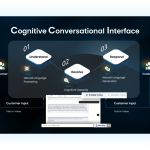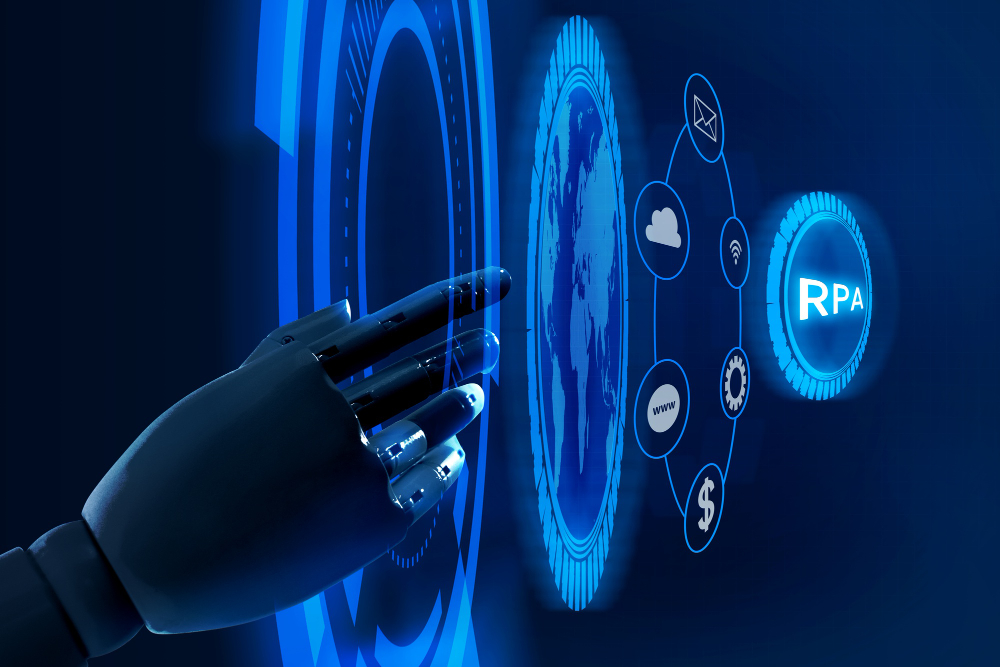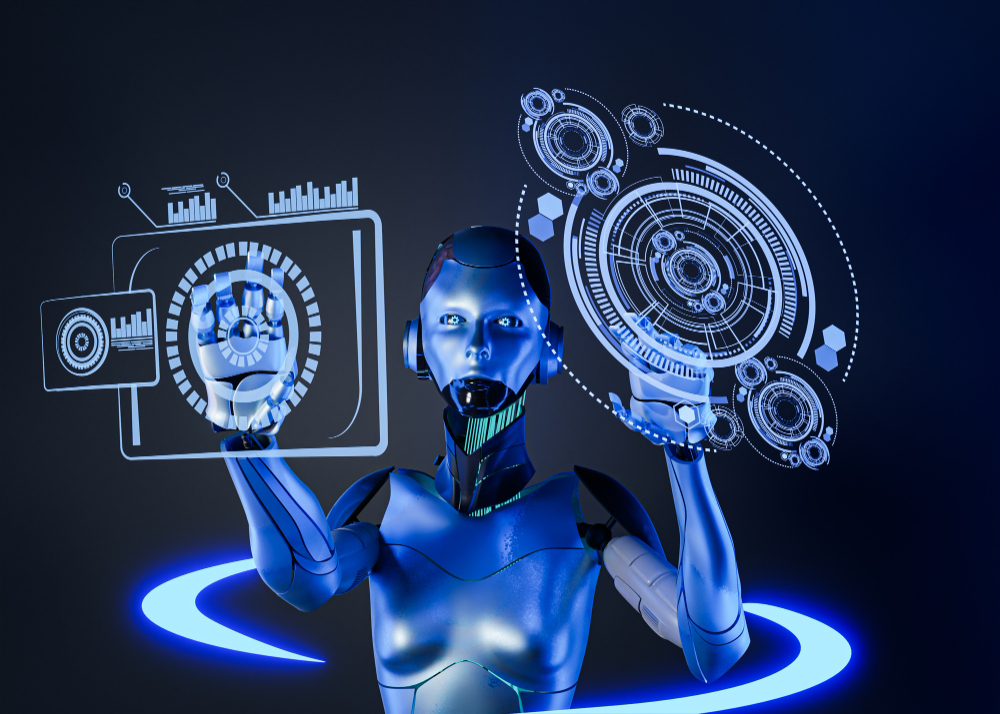It is now becoming very imperative that companies optimize their supply chain to always stay ahead of the competitive business environment. Some of the challenges that exist in a complex supply chain management system can range from demand forecasting and inventory management to route optimization and logistics planning.
Fortunately, Artificial Intelligence (AI) is now emerging as a strong tool to face these challenges and bring quantum improvement in performance. In this blog post, we will explore some of the many ways AI can make it possible to optimize the supply chain, and we will also share some examples of how AI can be applied in your business to save costs, cut delivery times, and improve customer satisfaction.
Demand Forecasting and Planning
Demand forecasting and planning is one of the other major application areas with AI for supply chain optimization. By processing large volumes of historical sales data, market trends, and external factors, AI algorithms can deliver very precise demand predictions, allowing businesses to optimize their production and inventory levels.
A good illustration of this is the example from consumer goods giant Procter & Gamble, which has been using AI-powered demand forecasting to optimize the efficiency and responsiveness of its supply chain. Indeed, deploying machine learning algorithms to analyze data from multiple sources such as social media, online reviews, and retailer point-of-sale systems has enabled P&G to reduce forecast errors by up to 50% and to improve on-shelf availability by 3-5%.
Inventory Optimization and Management
Additionally, with AI, it is possible to optimize inventory and its management. The algorithms help businesses make informed decisions about the timing and quantity of orders by analyzing up-to-date data on stock levels, supplier lead times, and customer demand to mitigate the risk of stockouts or overstocking.
For example, the H&M retail business has applied AI to optimize inventory management and to cut on waste of the same. Customer preference data, coupled with sales trends and supply chain logistics, has been very beneficial in predictive modeling for the likely products in stores, allowing for inventory allocation. That has enabled the company to cut back on markdowns and improve overall profitability.
Route Optimization and Planning Logistics
Better transportation and logistics planning AI can also dramatically save costs for businesses, improve delivery times, and better contentment among customers. It will also improve fuel economy and efficiency in delivery routes through the identification of optimal routes and schedules, based on data such as traffic patterns, weather, and vehicle capacity.
For instance, a logistics company like UPS uses AI for the route optimization of its drivers to reduce the turnaround time. UPS uses machine learning algorithms to analyze data from GPS devices, sensors, and driver feedback so the AI can adjust routes in real time depending on traffic conditions and weather. Therefore, drivers lose spent time, while the performance on time goes up.
Quality Control and Predictive Maintenance
It will also contribute to better control of quality and predictive maintenance in the supply chain, therefore reducing the risk of defects and downtime. AI algorithms can detect any anomalies and predict potential failures in advance by analyzing data from sensors, cameras, and other monitoring devices, enabling businesses to be proactive in responding to them.
In the automotive industry, for example, an automaker such as BMW has used AI to improve quality control in a bid to reduce defects. This has seen analysis being done on data streams coming from different sources such as production lines, the network of suppliers, and feedback from customers, among others. The AI system at BMW can find problems that would endanger quality and offer correction, thus improving the total product quality and customer satisfaction.
Challenges and AI Implementation Best Practices
While the benefits of AI to supply chain optimization are evident, the right implementation of AI requires planning, data management, and management of change. The best practices for implementing AI are as follows:
- Defining clear goals and metrics for AI efforts
- Ensuring quality, security, and governance of data
- Creating multi-disciplinary teams, ideally consisting of experts with experience in AI, supply chain, and business operations
- Piloting AI solutions in specific areas before scaling up
- Continuous monitoring of the performance of AI and its fine-tuning through feedback and results
By implementing best practices for this with an AI-savvy partner such as ExpertEase AI, businesses can unleash the power of AI to manage their supply chains optimally, reducing costs and improving customer experience.
Start Optimizing Your Supply Chain with AI
At ExpertEase AI, we bring in the expertise of how businesses can do their best with AI in optimizing supply chains for operational excellence. Our platform comes with pre-built AI models, customizable workflows, and intuitive dashboards so businesses of any size can implement AI solutions for demand forecasting, inventory management, and route optimization.
Whether you are a small business organization looking for optimized logistics, or a large enterprise considering a revamp of global supply chain operations, ExpertEase AI is the perfect partner for you. Our AI engineers, experienced supply chain architects, and industry consultants will collaborate every step of the way to ensure successful implementation and maximum ROI.
Why wait any longer? Register today with your free account at ExpertEase AI and ride the tide of AI-enabled supply chain optimization changes. User-friendly platforms, in-depth resources, and high support—just what you need to upgrade your supply chain, cut costs, and delight customers.
Join the AI Revolution. Join the ExpertEase AI Community today and be on your way to a smarter, more efficient, and stronger supply chain for your business.





